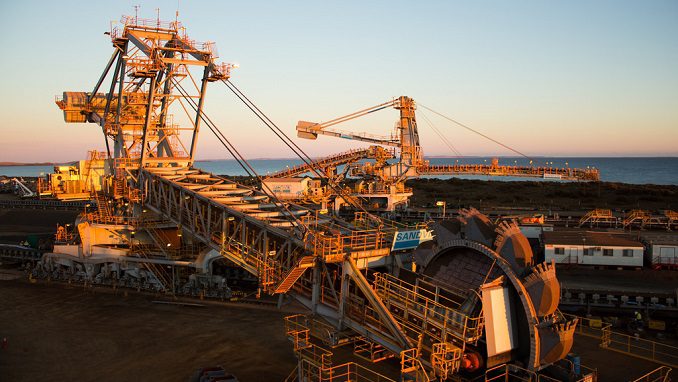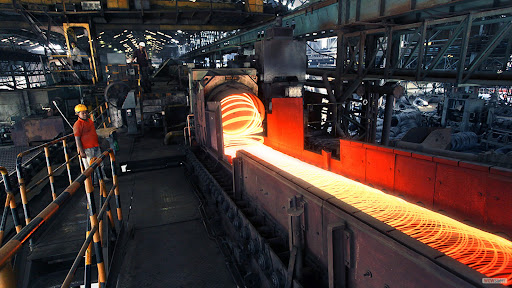The blast furnace (BF) capacity utilization rate among 247 Chinese steel producers under Mysteel’s tracking had slipped for the fifth straight week by another 0.33 percentage point on week to reach 87.63% over November 24-30, mainly due to the maintenance stoppages among some mills in North and East China.
Accordingly, daily hot metal output among the sampled steel mills was also 8,800 tonnes/day or 0.4% lower on week to 2.34 million t/d during the same survey period.
“Three large-sized blast furnaces had been shut down for their annual routine maintenance as the year-end draws near,” a market watcher in Shanghai said. However, eight idled furnaces were brought back online after the completion of their maintenance work, she added.
Consequently, the average operational rate among the 247 BF mills had increased for the second straight week by another 0.74 percentage point on week to 80.86% during the latest survey period.
Over November 24-30, the daily consumption of imported iron ore among these sampled steelmakers averaged 2.87 million t/d, down by a small 6,600 t/d or 0.2% on week due to the mills’ slower production, according to the survey.
Meanwhile, total inventories of imported iron ore held by these mills increased by 123,000 tonnes or 0.1% on week to reach 93 million tonnes as of November 27, which would be sufficient to last 32.5 days of their use, longer by 0.1 day than in the previous period, Mysteel assessed.
On the other hand, the previous improvement in Chinese steel mills’ profit margins halted this week as prices of finished steel products weakened, Mysteel’s other survey showed.
For example, as of November 30, China’s national price of HRB400E 20mm dia rebar under Mysteel’s assessment lost Yuan 16/tonne ($2.3/t) on week to Yuan 4,052/t including the 13% VAT.
Accordingly, during November 24-30, about 39% of the 247 sampled mills were able to gain some profits on their steel sales, unchanged from the previous week.








